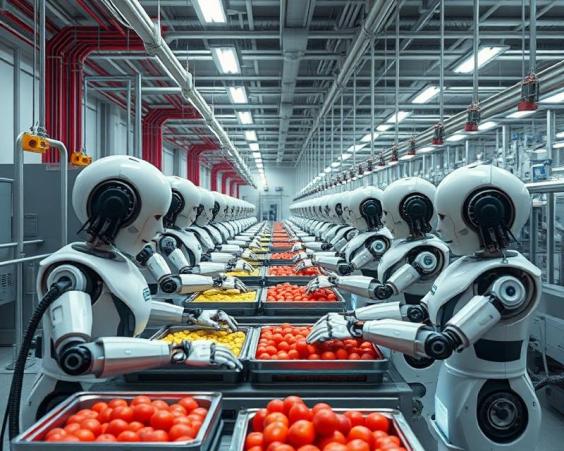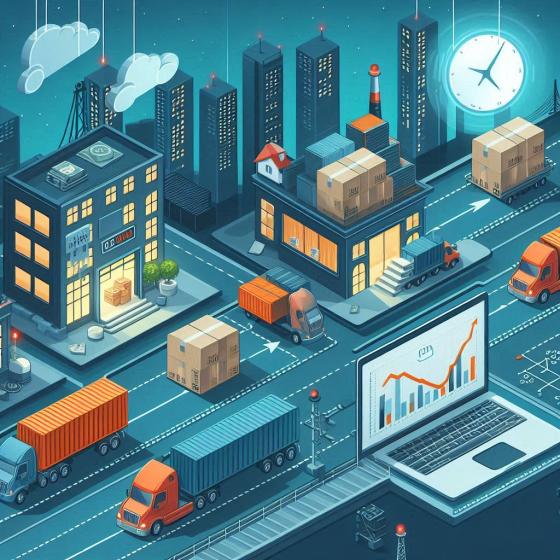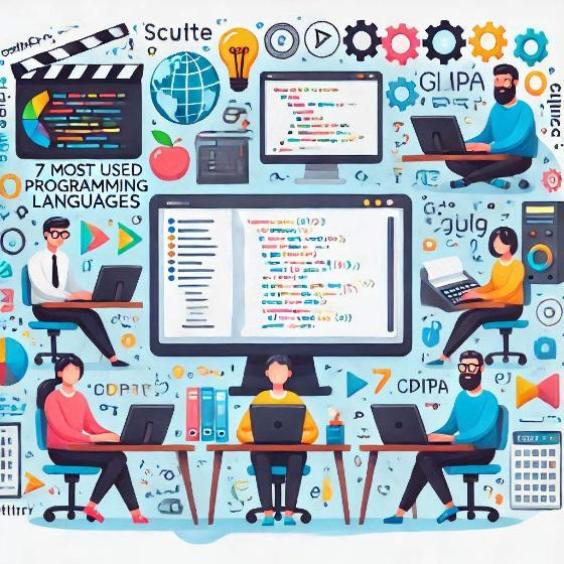China quiere crear un millón de robots para 2025
In a world where technology advances in leaps and bounds, China is forging a path that could change the course of humanity: an unprecedented robotic revolution. With its production speed, economic efficiency, and ability to innovate on a global scale, China is transforming science fiction into reality.
The startup AGI Bot, created by Huawei in 2023, has already produced 962 humanoid robots equipped with advanced artificial intelligence. These robots stand out for their modular design, adapting to tasks in various environments such as logistics, agriculture, and healthcare.

A robot in every home: the future we dream of
Imagine a world where every home has a robot in charge of cleaning, cooking, caring for pets, and even organizing Monday morning chaos. We are not talking about prototypes or technological toys, but humanoid assistants with advanced artificial intelligence, capable of understanding complex commands and adapting to our routines.
The impact would be enormous: mothers and fathers with more time for their families, older adults assisted by machines that never tire, and homes so automated that we could say goodbye to household chores forever.
Factories without humans: unstoppable productivity, but at what cost?
In the industrial sphere, China's vision goes even further. The factories of the future will be filled with robots that do not need breaks, do not get sick, and do not ask for salary increases. These mechanical workers will be able to operate 24 hours a day, 7 days a week, multiplying production and reducing costs to levels never seen before.
But this productive utopia raises unsettling questions: what will happen to the millions of displaced human workers? Will society be able to adapt to a world where machines dominate economic processes?
China leads the charge
With an investment of nearly a billion dollars, the Chinese government not only plans to manufacture more than a million advanced robots by 2025, but also to become the largest exporter of this technology. Companies such as Huawei and BYD are designing robots that are not only efficient, but also accessible to the global market.
These advances include robots that can participate in their own production, assembling themselves. This level of autonomy promises to further reduce costs, bringing us closer to a world where having a robot is as common as having a mobile phone.
The human side of the revolution
Although the future looks bright, it is not without challenges. Accepting coexistence with humanoid machines could be a complex process. From ethical issues to cultural fears, humanity will have to face a technological transition that could redefine the concept of society.
However, if there is one thing history has taught us, it is that technological advances, no matter how disruptive they may be, end up integrating into our lives. Who would have imagined 30 years ago that we would all carry an intelligent device in our pocket?
The beginning of a new era?
China is demonstrating that the future is not something that simply happens, but something that is built with vision, investment, and boldness. If its plans come to fruition, it will not only lead a robotic revolution, but also redefine how we live, work, and relate to the world around us.
The big question is: are we ready for a future where machines are no longer tools, but companions in life? Perhaps science fiction was not so far from reality after all.






